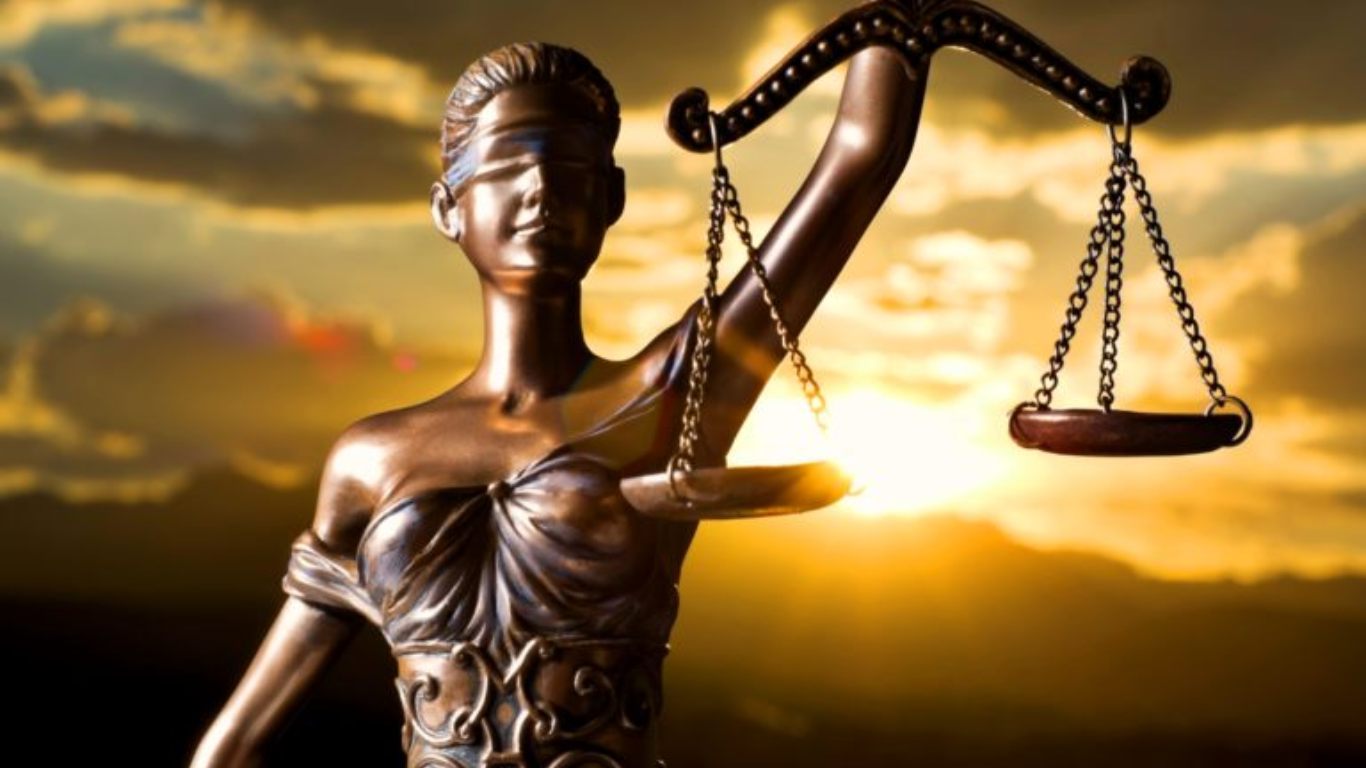The third pillar of a democracy is its judicial system that can help everyone fight against tyranny, ensuring the rule of law and safeguarding individual liberties. In India, the need for an autonomous judiciary has never been more pressing, given the nation’s diverse socio-political landscape and the challenges it faces in upholding constitutional principles.
However, instances have been noted where the judicial system in India was restricted and restrained from taking decisions. One such notable case was brought to light in 1994 in the S.R. Bommai v Union of India. It is a famous example often brought to light to show the restraint practiced by Judiciary. The judgement in this case stated that in certain cases the judicial review is not possible if the matter is political. According to the court, the power of article 356 was a political question, thus, refusing judicial review. The court stated that if norms of judiciary are applied on matters of politics, then it would be entering the political domain which the court must avoid.
There have not been many cases that highlight that the judiciary’s independence has been restricted often but recently 21 former judges, comprising four former Supreme Court judges and 17 former High Court judges, penned a letter to Chief Justice of India, D Y Chandrachud. The letter emphasized the importance of safeguarding the judiciary from external pressures and unwarranted influences.
Expressing concern over the mounting efforts to undermine the judiciary through orchestrated pressure tactics, misinformation campaigns, and public denigration, the former judges underlined the need for stricter vigilance and collective action to preserve the sanctity of judicial institutions.
The letter, addressed to Chief Justice Chandrachud, also highlighted the escalating attempts by certain factions to erode public confidence in the judiciary and subvert its independence.
The Essence of an Independent Judiciary:
An independent judiciary operates free from external influences, be it political pressure, executive interference, or societal biases. Its primary mandate is to interpret laws impartially, adjudicate disputes fairly, and uphold the Constitution, irrespective of prevailing sentiments or vested interests. In a democratic system, the judiciary acts as a vital check on the powers of the executive and legislative branches, preventing the concentration of authority and mitigating the risk of authoritarianism. Through its power of judicial review, the judiciary assesses the constitutionality of laws and executive actions, thereby safeguarding citizens’ rights and freedoms. As an independent body, it serves as a guardian of individual liberties, ensuring that justice is meted out equitably and without prejudice. The foremost duty is to abide by the Constitution and provide all the rights to every citizen of the country, such as the right to equality, freedom of speech, and access to justice, thereby fostering an inclusive and just society. A judiciary insulated from external pressures fosters accountability within the government and other institutions, holding them to the highest standards of transparency and integrity. The impartial justice and transparency by the the judiciary reinforces public trust in the legal system and strengthens the democratic fabric of the nation. Despite its pivotal role, India’s judiciary faces several challenges, including mounting caseloads, judicial vacancies, and delays in dispensing justice. Additionally, concerns over judicial accountability and transparency have emerged, necessitating reforms to enhance judicial efficiency and integrity.
In the journey towards a more just and equitable society, an independent judiciary stands as a beacon of hope, ensuring that the principles of democracy and constitutionalism endure. As India navigates the complexities of governance and socio-economic development, the imperative of preserving the autonomy and integrity of its judiciary remains paramount, reaffirming the nation’s commitment to democracy, justice, and the rule of law.
Also read: Study Finds Link Between Poor Sleep Health and Muscle Dysmorphia

















